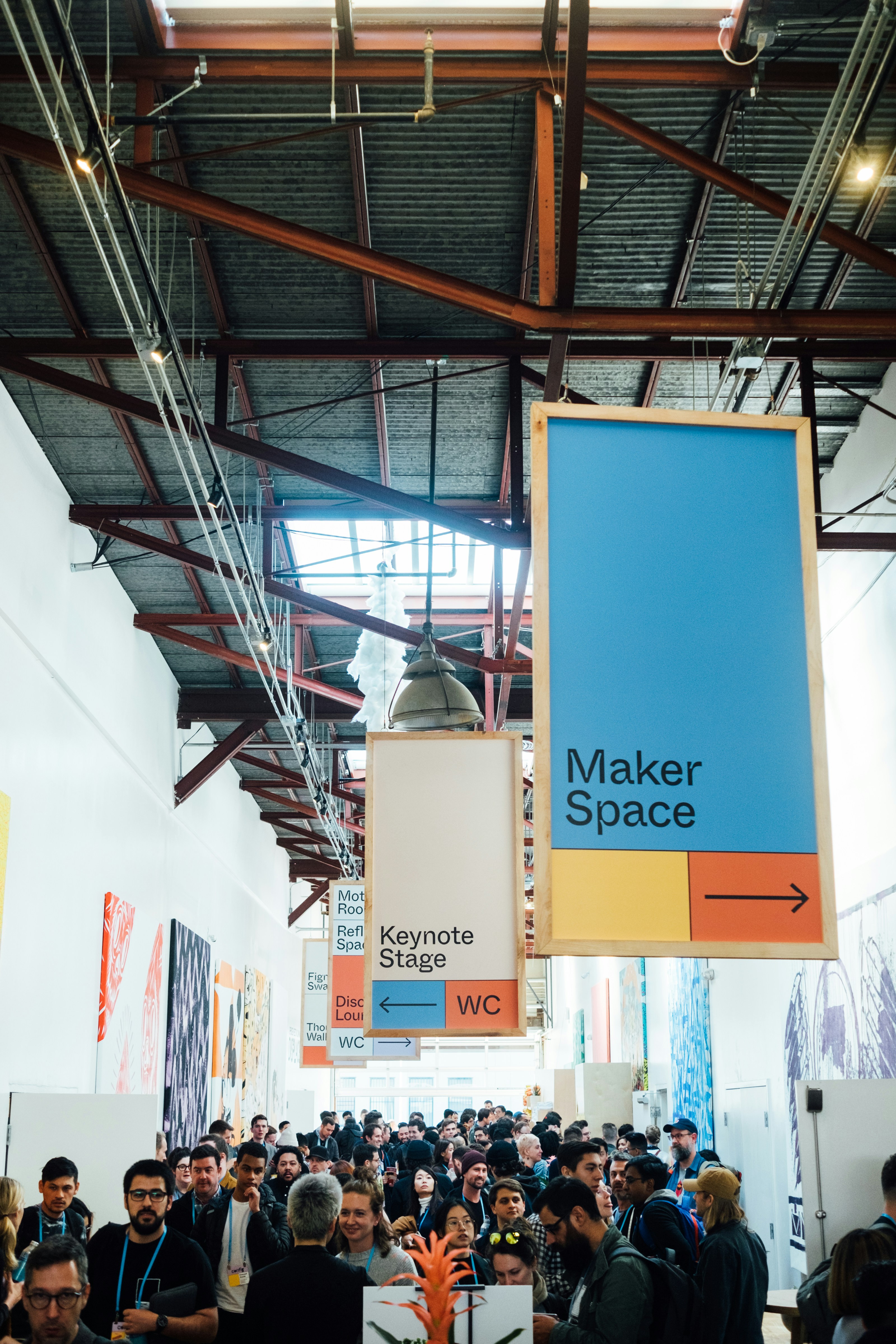AI Automated Pipeline
In today's rapidly evolving technological landscape, companies face the challenge of integrating AI to automate processes effectively. The use and deployment of AI can dramatically differ based on a company's size, maturity, and strategic needs. Understanding where your business stands within the AI automation spectrum can be instrumental in leveraging AI most effectively.
Click here to access Kevin's Slide Deck
Understanding the AI Automation Spectrum
AI automation isn't one-size-fits-all. Depending on your company’s size and position, your AI needs will differ. For early-stage startups with small teams and minimal brand recognition, embracing AI for full automation could pose risks. These companies might benefit from staying involved in the loop to manage these risks effectively.
As companies grow into fast-growing startups or midsize businesses, their approach will shift. Typically, these organizations have dedicated sales and marketing teams and aim to empower these teams by integrating AI into daily workflows. This approach focuses on using AI to assist rather than replace, thereby enhancing productivity and efficiency.
At the enterprise level, enormous corporations like Microsoft and Salesforce utilize AI to sift through their vast amounts of internal data and foster team empowerment. For these companies, AI serves as a co-pilot, guiding teams through complex data landscapes rather than driving market acquisition strategies.
Personalized Outreach in the Age of AI
Personalization is key to effective communication. However, when personalization becomes purely observational and surface-level, it risks falling flat, as seen with "shady personalized emails." Bad personalization relies on commoditized data, such as basic LinkedIn information, leading to spam-like interactions.
The goal for businesses should be crafting meaningful personalized communications that compel action. A well-constructed email integrates elements such as:
1. Personal References: Mentioning specific individuals or articles relevant to the recipient.
2. Value Offerings: Clearly articulating the benefits to the recipient rather than what the sender gains.
3. Actionable Insights: Providing relevant data or advice that aligns with the recipient's needs.
Crafting Effective AI-Assisted Communication
Adopting AI for personalized outreach can revolutionize the speed and efficiency of crafting tailored communications. What traditionally took hours can now be accomplished in minutes through AI. Key steps in this process include:
- Research and Signal Identification: Gathering relevant information about prospects.
- Crafting and Personalizing Messages: Using AI to draft messages that are personally tailored and detailed.
- Taking Action: Implementing the outreach through email or other communication tools efficiently.
Ensuring Quality with AI
Quality in equals quality out. For AI to provide valuable output, the inputs need to be high-quality signals. Identifying meaningful buying signals is critical to AI's ability to generate trustworthy and precise messaging. These signals help identify prospect intent, pain points, and needs, feeding the AI the necessary context to produce impactful communications.
Building Trust and Moving to Full Automation
Before a company can consider full automation, it’s essential to build trust in AI's capabilities. When AI can consistently reproduce reliable results, companies might consider transitioning to higher levels of automation, appropriate for their current position on the spectrum.
Automation within this context involves creating workflows that allow for messages to be sent based on queued actions and preset conditions, ensuring only the most relevant contacts are reached with precision and accuracy.
Conclusion
The road to integrating AI is a marathon, not a sprint. It's about understanding where your company fits within the AI automation spectrum and making strategic decisions about how to utilize AI, whether it’s providing instant personal insights or preparing your company for full automation. By focusing on high-quality signals and building a strong foundation of trust in AI's personalized capabilities, companies can unlock unprecedented levels of scalability and growth.
For more information or to try the tools mentioned in this discussion, companies are encouraged to explore available resources and trials to start their journey in AI-assisted growth.
Download Slide Deck here.

March 12-13, 2025
San Francisco, California, USA


